Why Choose Popular Frameworks for Web Application Development
Web application development is the process of creating application programs that are stored on remote servers and delivered to the user’s device over the Internet.
A web framework offers many code snippets, pre-written components, and full application templates. It can be used to develop web services and web APIs, both of which help in information transfer and creating other web-based resources. With such features, a framework can be used to create common web apps such as login pages, profile dashboards, landing pages, connecting to databases, and stylized data feeds with relative ease.
Using a popular framework for web app development makes it easier for more developers to understand and debug code while modifying it to suit the needs of the business. Web developers employ standardized coding practices and conventions for code structures without worrying about background details like data binding and configuration settings when using popular frameworks.
Web application development involves different kinds of frameworks. There are primarily three kinds of frameworks: Frontend, Backend, and CSS/UI (Cascading Style Sheets/ User Interface) frameworks.
About Popular Front-End Frameworks
Front-end frameworks, also known as Client-Side frameworks, are used to design the user interface. It involves UI/UX (User Interface/User Experience) design, Search Engine Optimization, performance optimization, and the creation of reusable interfaces. The languages that are involved in front-end frameworks of web design are HTML, CSS, JavaScript, and JQuery. Some common frameworks are React, Vue, BootStrap, Ember, and Angular.
CSS/UI frameworks are sometimes considered a part of the front-end framework. They implement advanced features and add visual elements to a website. CSS frameworks like Bootstrap, Tailwind, and Skeleton help implement these features without writing code from scratch.
About Popular Back-end Frameworks
Back-end frameworks work behind the scenes to ensure the smooth functioning of websites and web apps. This process involves database management, cyber security, URL routing, site architecture as well as server handling, to name a few. The languages that are involved include a subset of Python, JavaScript, PHP, Ruby, .NET, etc. Some popular frameworks are Django, Ruby On Rails, Express, Spring, and ASP.NET Core.
Factors to consider before deciding on a popular framework for web application development
- The license that the framework operates under
- How much traffic is expected in peak conditions
- Should responses be real-time or delayed
- How frequently is the content expected to be changed
- Level of security required for the website
Nowadays, web development frameworks are designed keeping in mind the diverse needs of modern-day businesses. While most licenses are liberal in allowing the creation of web applications, some are not. Popular web frameworks work under different operating licenses like the Berkeley Software Distribution, Massachusetts Institute of Technology X11 license, or the Apache Software Foundation License.
The skyrocketing use of the Python software development ecosystem has made the web framework Django popular for Single Page Applications (SPAs) as well as complex web applications. Moreover, other web frameworks like Ruby on Rails and Express are also just as popular as they can all be used to create web applications to handle different levels of web traffic. The only trade-off in all these frameworks is that the complexity of code increases with an increase in traffic level.
Ruby on Rails, ASP.NET, Angular, and other web frameworks are popular for creating dynamic web applications that can run without hiccups on different devices and can also be updated with relative ease. WordPress, a relatively simpler framework, is used to design websites where content is frequently uploaded and includes support for multiple languages, Search Engine Optimization (SEO), and editing through plugins which work well for small-scale enterprises.
Larger enterprises require optimum performance and high-security features for which frameworks that use back-end scripting languages like PHP or JavaScript are used. For instance, Angular, ReactJS, VueJS, NodeJS, etc. These are much more complex and may require you to hire PHP developers with added experience in JavaScript.
For commercial organizations, web frameworks have to provide a high level of security to safeguard against cyber-attacks. To implement appropriate security features in such web applications, Java frameworks like Spring Boot have specially designed components with functionalities to implement security features that protect against SQL (Structured Query Language) attacks, data tampering, and Distributed Denial of Service (DDoS) attacks.
Opt for Backward Compatibility when Choosing a DevOps environment
Another important factor to be considered while choosing a web framework is backward compatibility. This ensures that the web application works on previously chosen technologies and that users do not face any obstacles while accessing the web application from devices with different web browsers and operating systems.
Each line of code solves a problem when it comes to web application development. This makes writing the code from scratch difficult and makes using popular frameworks imperative. The ease of debugging is an important factor in choosing a framework. There exist several tools and plugins to help debug code that is part of web frameworks, while helping reduce development and maintenance costs. This is because seemingly simple tasks like changing the alignment of texts and changing the position of a button, are notoriously tricky and a tiny error can result in the entire user interface getting jumbled up.
To Conclude
All these factors make popular frameworks with a strong ecosystem and good documentation a necessity for web application development. Choosing a web framework has to be done carefully as it involves a learning curve and is a long-term commitment.
Focaloid is one of the finest technology consulting companies that provide businesses with high-end software development in terms of website design and application design. It is a Product Development Company and a Software Development Company that is an expert in expertise in Agile and DevOps practices. Focaloid has a proven track record in delivering projects based on Artificial Intelligence and Machine Learning, Data Analytics and Business Intelligence as well as website and application development services.

